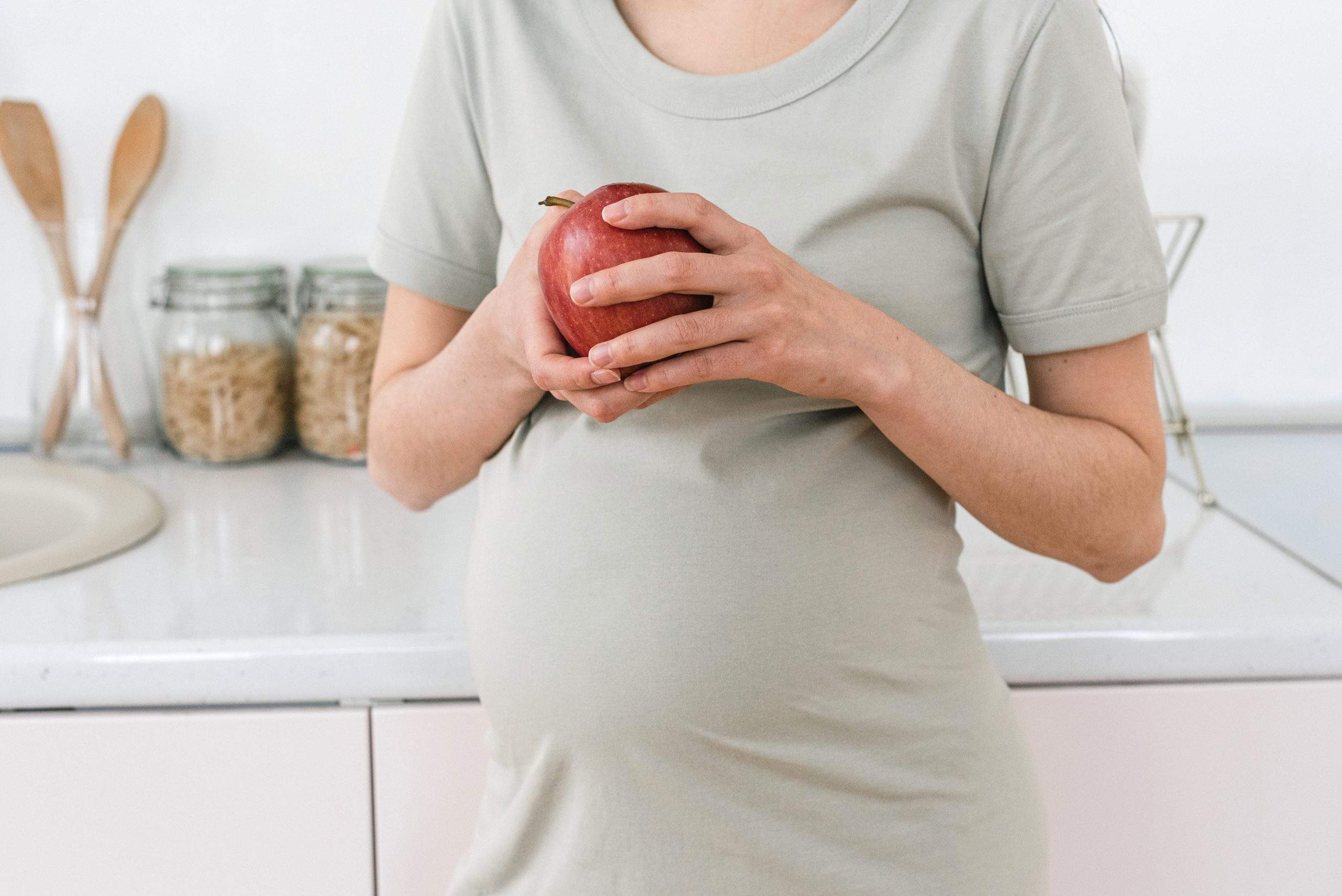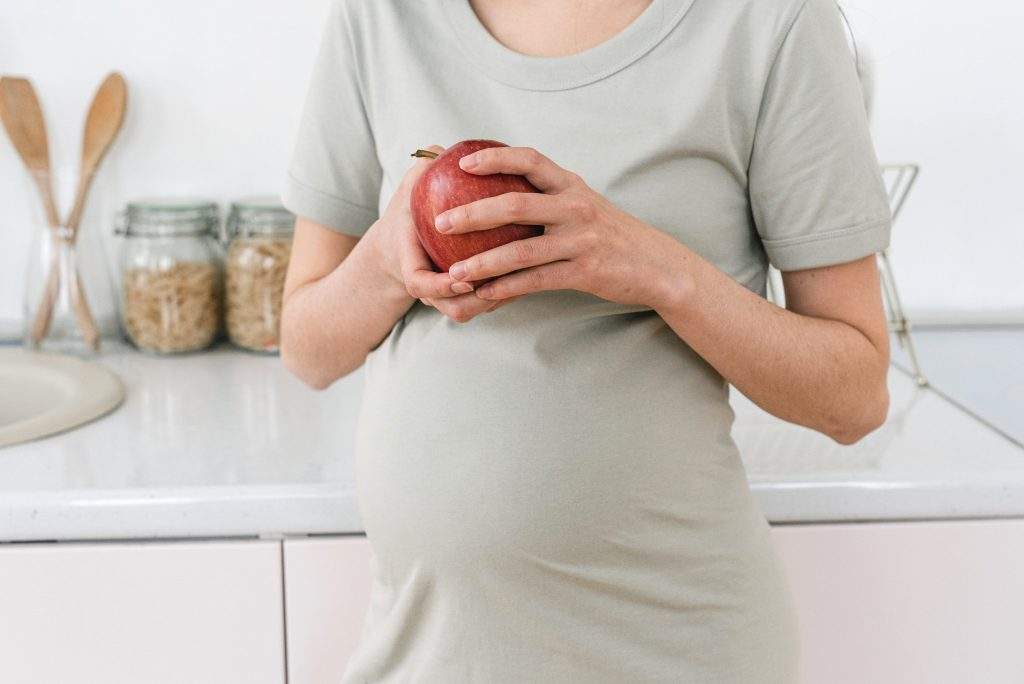
Tips For Eating Healthy While Pregnant
Pregnancy can take a crazy toll on your once normal diet. With all the restrictions regarding food pregnant women are subjected to, the wish for odd foods is even stronger.
However, now that you are carrying another human being in you, try to find the perfect balance between humouring your cravings, and eating food that will benefit the baby.
Choose fresh produce
There is a saying that pregnant women should eat the rainbow. Meaning, taking in plenty of fruit and vegetables on a daily basis, to take in all the vitamins and minerals fresh produce has to offer. Nutrient-rich fresh produce is as follows: apples, oranges, bananas, blueberries, strawberries, grapefruits; carrots, broccoli, kale, brussels sprouts, tomatoes, and peppers.
If you are not a fan of some of the foods above, feel free to leave them out. However, try to incorporate as many items as possible from the list, to ensure less bloating, getting all the daily vitamins and minerals in, and not packing yourself with foods that will drain you of energy.
Take supplements
Whether you like or dislike fruits and vegetables, daily intake is not enough for a growing baby. Your body produces new cells by the minute, and you may feel fatigued throughout the day (especially in the first trimester). To try to override this feeling, take prenatal supplements, to help your body be as strong as it can, since it is both making a human being, and giving you energy.
However, supplements should not be taken instead of food. Especially during your pregnancy, you will need extra folic acid, iron, calcium, and vitamin D.
Therefore, the supplements are not intended to replace nutrients received from food; rather, they are intended to fill in gaps and support increasing nutrient demands while helping you in maintaining a regular nutrient intake.
What to avoid
It seems like, during pregnancy, all everyone is talking about, is what you should avoid. However, it is an important topic to cover, as knowing what you can and cannot eat can potentially harm your baby, or keep it safe.
Foods like raw fish, soft cheeses, unpasteurized milk, juices, pates, lunch meats, cold cuts, and uncooked eggs can contain bacteria that are potentially harmful to your baby, so for the duration of your pregnancy, steer clear of them.
Of course, pregnancy cravings can make you yearn for food that you would not want to eat otherwise. But, try to opt for healthy pregnancy food, and stay away from anything that can harm you, or the baby.
Why is protein so good?
Every cell in your body, as well as your baby’s, is made up of protein. During pregnancy, protein requirements rise by around 25 grams per day.
Protein is found in meat, but if you are a vegetarian, or simply cannot stand the smell or taste of meat during your pregnancy, here are some replacement ideas, to make sure you still get enough protein for a healthy baby.
Lentils are by far the best source of protein. You can eat them as a stew, grind them and add them as a powder in your smoothies, or make soup from them. Next come greek yogurt, eggs, and rolled oats. If you want superfood in the morning, add some greek yogurt in your overnight oats, with some nuts, honey, and blueberries, and you reset for the day!
Eat smaller portions, more often
There is a common misconception that, when pregnant, women should eat for two. That can only make you overweight and have difficulties shedding the weight once you give birth.
However, moderate snacking can be very healthy. Not only can smaller, more frequent meals help with nausea, and heartburn, they can also help you maintain a steady flow of food intake. That way, you are not going hungry, or thirsty, and keeping your stomach full is important because your body’s working overtime to ensure that your child receives all of the nutrition they may need to grow.
However, do not mistake snacking for grabbing bowls full of ice cream, or chips, or something that has too much sugar, or preservatives. Instead, always keep small portions of nuts, fruits, low-fat yogurt, granola bars, or homemade smoothies on hand to prevent you from going hungry.
By being mindful of your body’s needs, as well as your baby’s, and making sure what you eat is healthy for both you and your little one, you are ensuring that all of your baby’s needs are met.

















